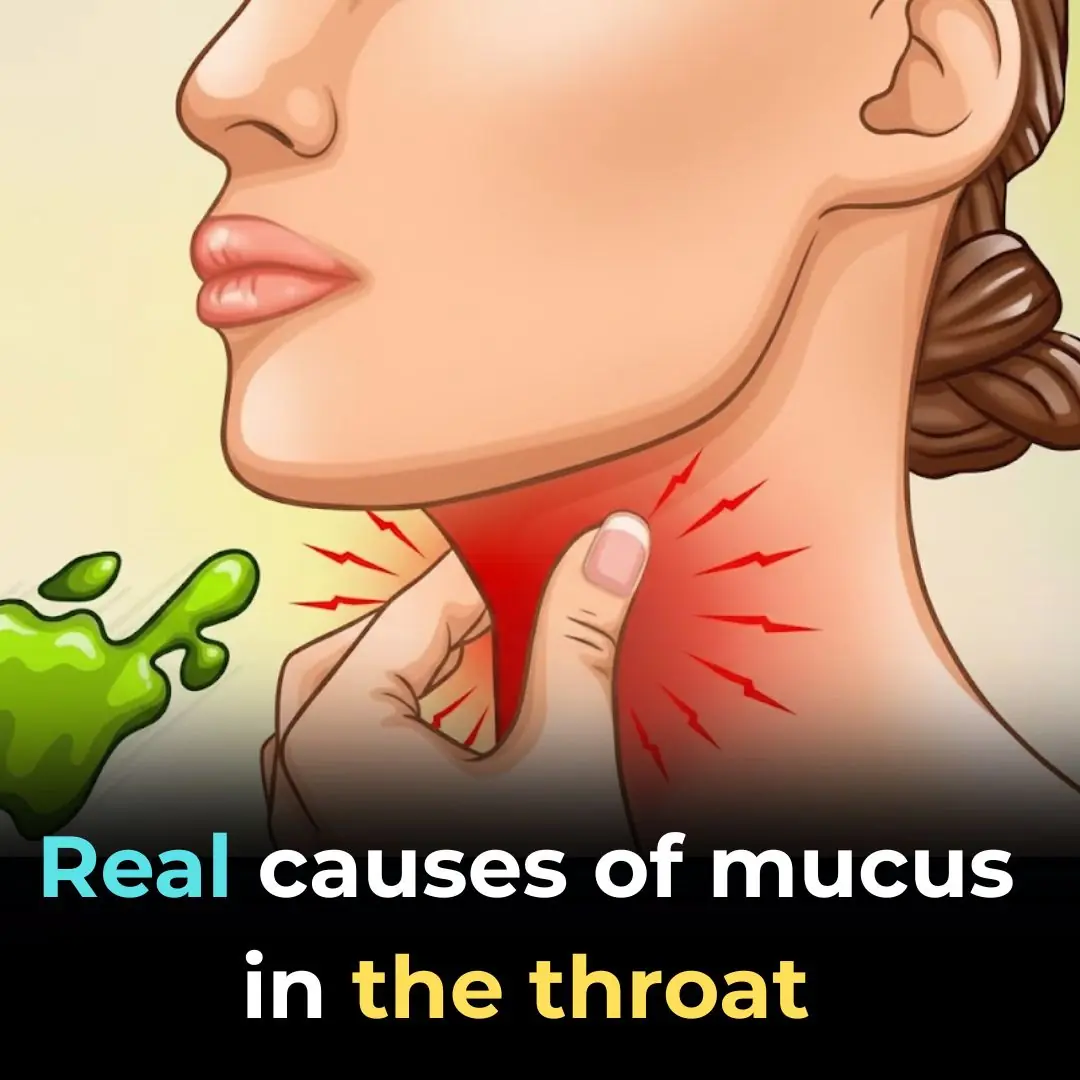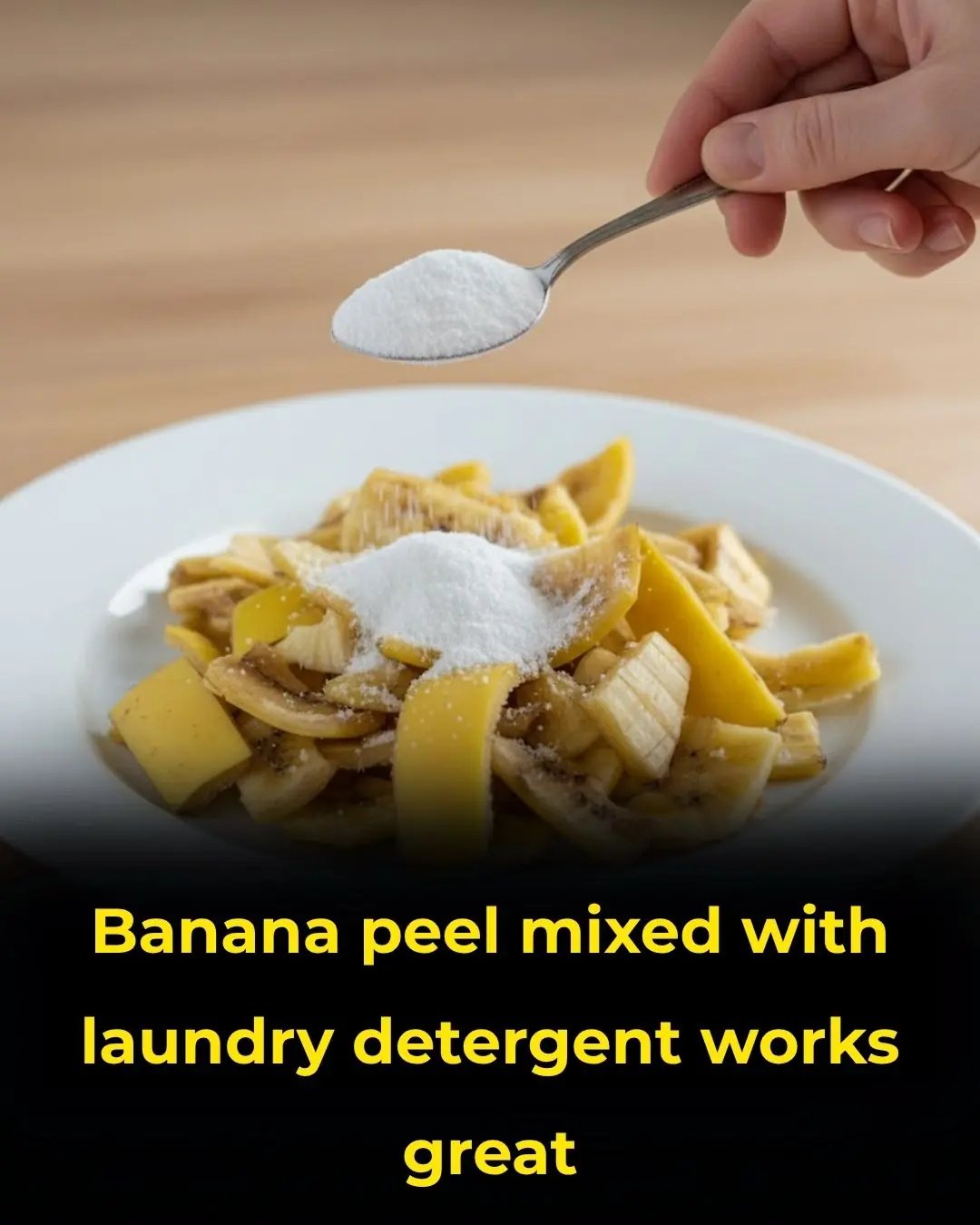
5 Fruits Listed in the ‘Black Book’ That Can Cause Cancer Cell Growth: No Matter How Cheap, Don’t Buy or Eat Them
For a long time, when people go shopping for fruits and vegetables, they often try to find places selling produce that is clean, affordable, and “in season” to minimize the risk of harmful chemicals. However, besides these common criteria, there are many fruits that, despite tasting good, being nutritious, and cheap, actually contain toxins that can stimulate the growth of cancer cells. So, what are these dangerous fruits?
After reading reports in the news, I found the answer and want to share it here to raise awareness. Next time you go to the market, be sure to carefully select fruits that are beneficial for your family without harmful side effects.
Experts Recommend Avoiding These 5 Types of Fruits Because They Can Cause Cancer
1. Moldy or Rotten Fruits: Contain Aflatoxins That Cause Liver Cancer
Many people are tempted to buy fruits that look wilted, moldy, or rotten because they are cheaper. However, such fruits not only lose their sweet flavor and nutrition but also pose serious health risks. Consuming moldy fruits can lead to digestive issues such as nausea, vomiting, diarrhea, and abdominal bloating.
More importantly, molds sometimes produce dangerous toxins called aflatoxins, which have been confirmed by the World Health Organization (WHO) as carcinogenic and specifically linked to liver cancer. These toxins do not just grow on the surface but penetrate deep into the fruit. So even if you cut off the moldy part or cook the fruit at 100°C, the risk of poisoning remains.
2. Betel Nut and Betel Leaf: Linked to Mouth Cancer
Betel nut (areca nut) and betel leaves are traditional chewing items in many Asian countries, including Vietnam. However, chewing betel nut and betel leaf causes strong abrasion to the mucous membranes of the mouth, leading to peeling or scratches on the upper layer of the oral mucosa. Moreover, the toxins present in betel leaves, betel nuts, lime, and tobacco cause further damage to the already injured areas, increasing the risk of oral cancer.
Studies have shown that chemicals like arecoline and arecaidine found in betel nuts increase saliva secretion, reduce heart rate, and stimulate the nervous system. This explains why many people feel their face flushes or appears rosy after chewing betel nut, similar to the effect of alcohol consumption.
3. Frozen Fruits: May Produce Nitrites That Increase Cancer Risk
During hot weather, many people choose frozen fruits for convenience and longer shelf life. However, tropical fruits generally do not preserve well in freezing conditions. When frozen, some fruits can produce nitrites, which are potentially carcinogenic and increase the risk of cancer when consumed.
4. Waxed Apples: Prolong Shelf Life But May Cause Blood Cancer
Have you noticed the white wax coating on the surface of some apples? This protective wax is applied by sellers to extend the fruit's shelf life.
Some companies produce wax made from natural ingredients like beeswax, red ant wing resin, or carnauba wax, which are generally safe. However, these natural waxes are expensive.
Therefore, the wax often used on fruits contains heavy metals such as mercury, lead, formaldehyde, or industrial dyes. Eating wax-coated apples regularly can weaken your immune system and increase the risk of blood cancer.
5. Ripe Bananas Treated with Chemicals: May Cause Early Puberty and Increase Blood Cancer Risk
Bananas are a popular fruit with many nutritional benefits. However, because they bruise easily during transport, sellers often pick green bananas and soak them in chemicals containing formaldehyde or ripening agents to make them ripen evenly and last longer.
These chemicals are very harmful to the body. Long-term consumption of chemically treated ripe bananas can cause early puberty in children and increase the risk of blood cancer.
Final Advice
These are the 5 types of fruits that experts have warned about for their potential to cause cancer. When you go shopping, please choose carefully to avoid buying harmful fruits that could endanger your family’s health. Always prioritize fresh, natural, and chemical-free produce to protect your loved ones.
Additional Notes:
Many consumers are unaware of the hidden dangers lurking in fruits that appear fresh or taste good but have been treated or preserved using harmful substances. It's important to buy fruits from reputable sources and, if possible, buy seasonal fruits that have not been artificially preserved. Washing fruits thoroughly and peeling skins when necessary can also help reduce risks.
Taking small precautions in your daily fruit choices can significantly reduce exposure to toxins and help maintain your long-term health.
News in the same category


Stuffing a piece of steel wool into a plastic bottle has great effects. If you know how to use it, everyone wants to do it

When checking out of the hotel, don't be foolish and fold your blankets or pillows. Anyone who doesn't know will only be at a disadvantage
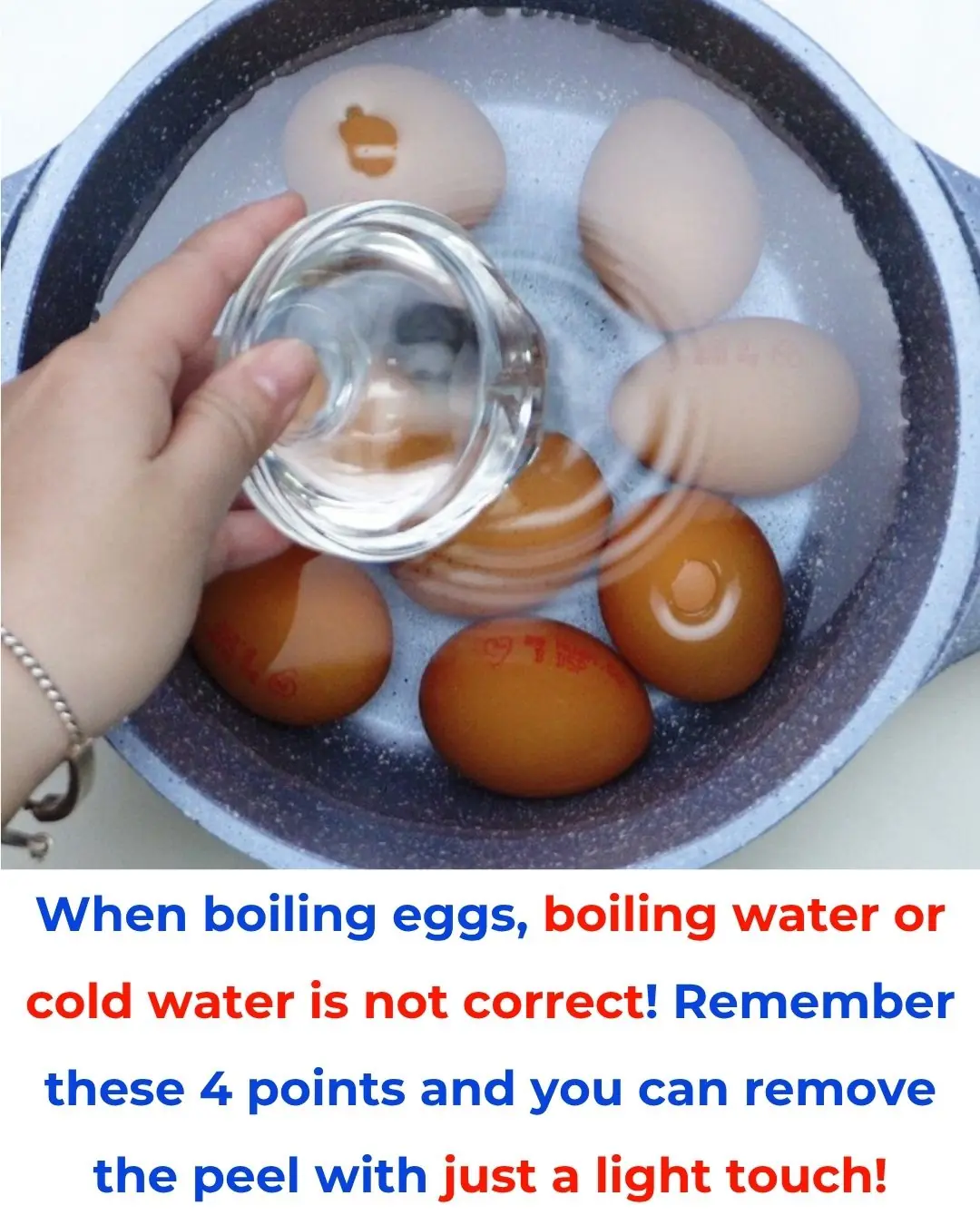
When boiling eggs, boiling water or cold water is not correct! Remember these 4 points and you can remove the peel with just a light touch!
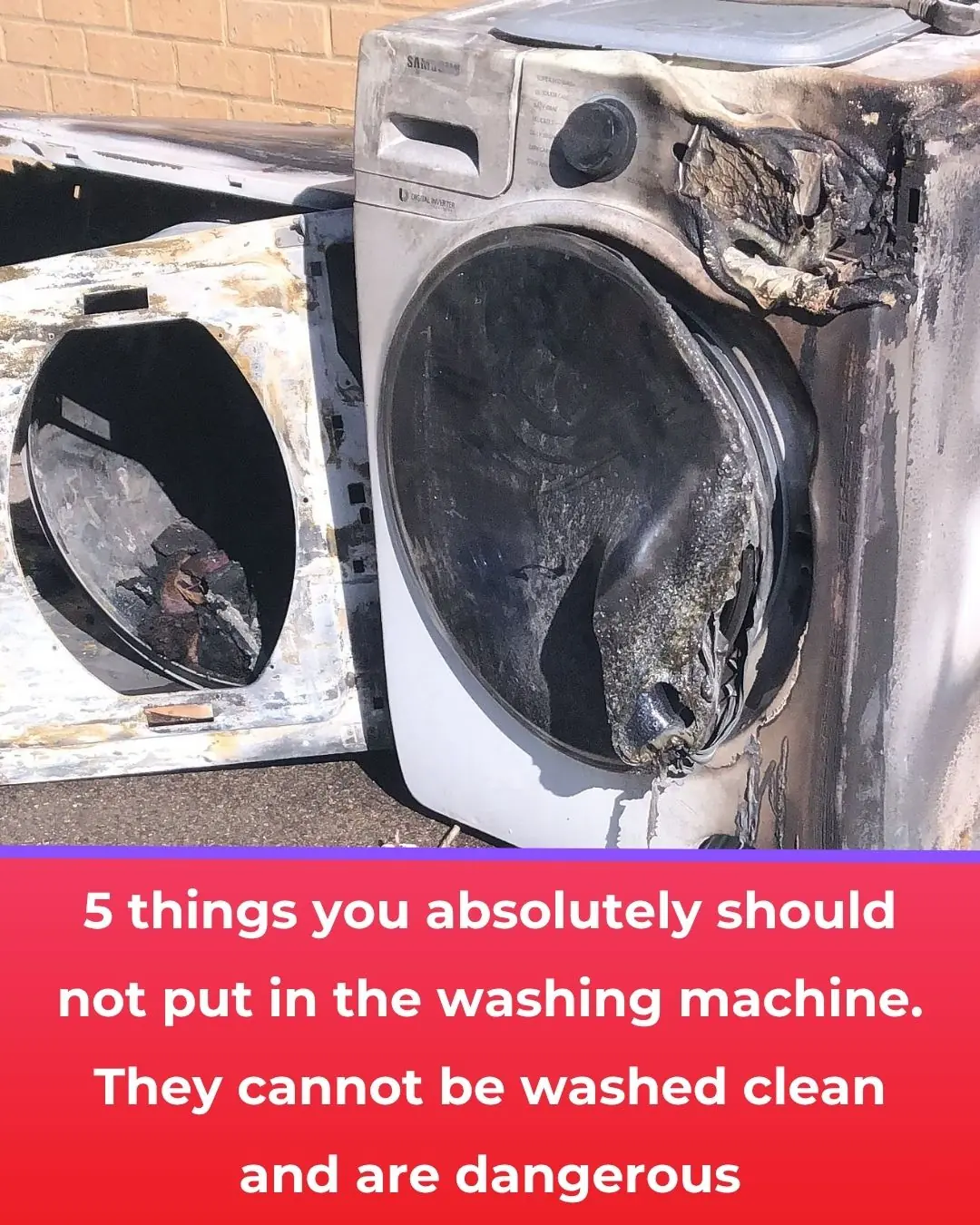
5 things you absolutely should not put in the washing machine. They cannot be washed clean and are dangerous

A Man Who Didn’t Drink Alcohol Dies of Liver Failure; Doctor Sighs: “Eating These 4 Foods Daily Can Destroy Even the Strongest Liver!”
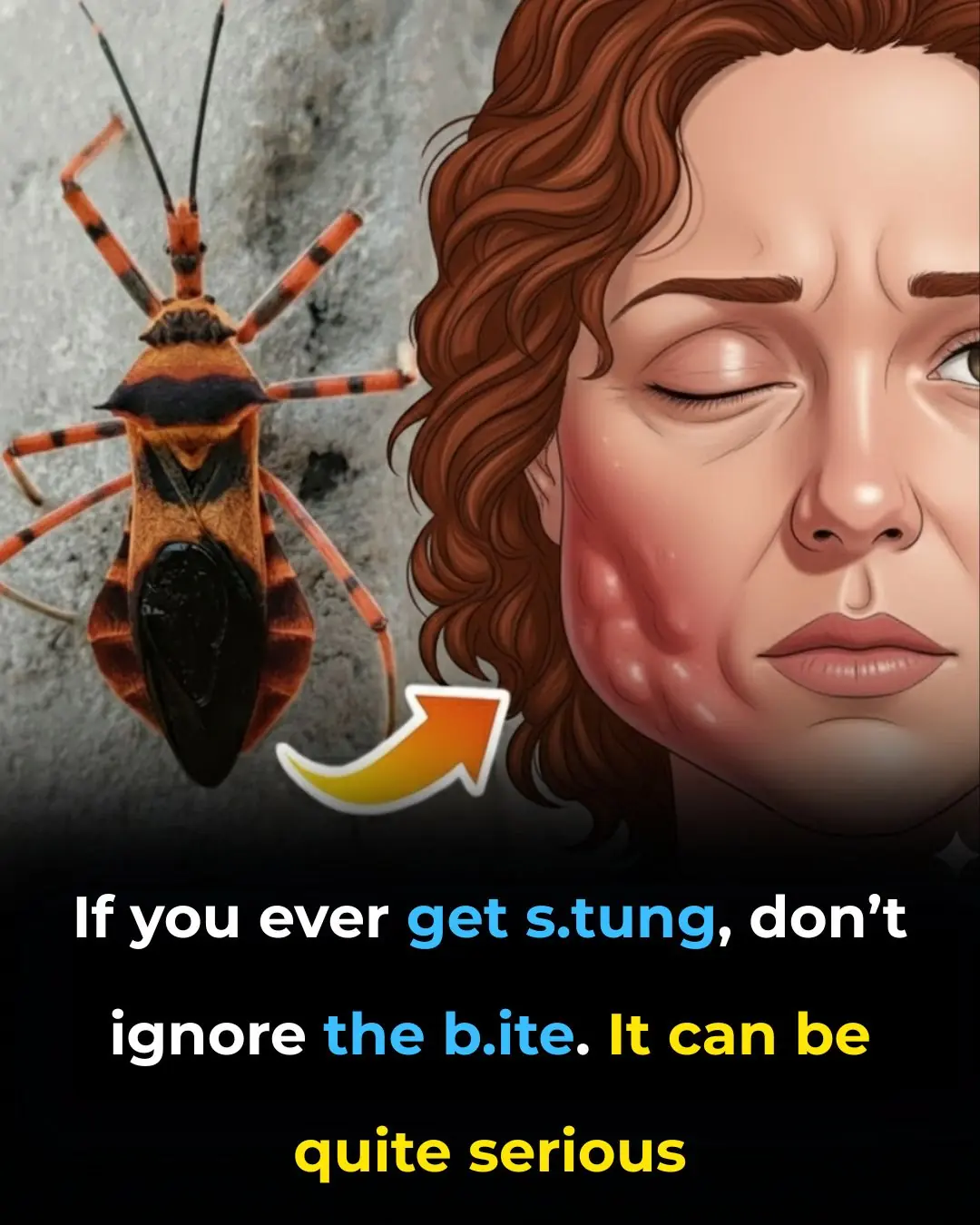
Kissing Bugs and Chagas Disease: A Hidden Danger at Home
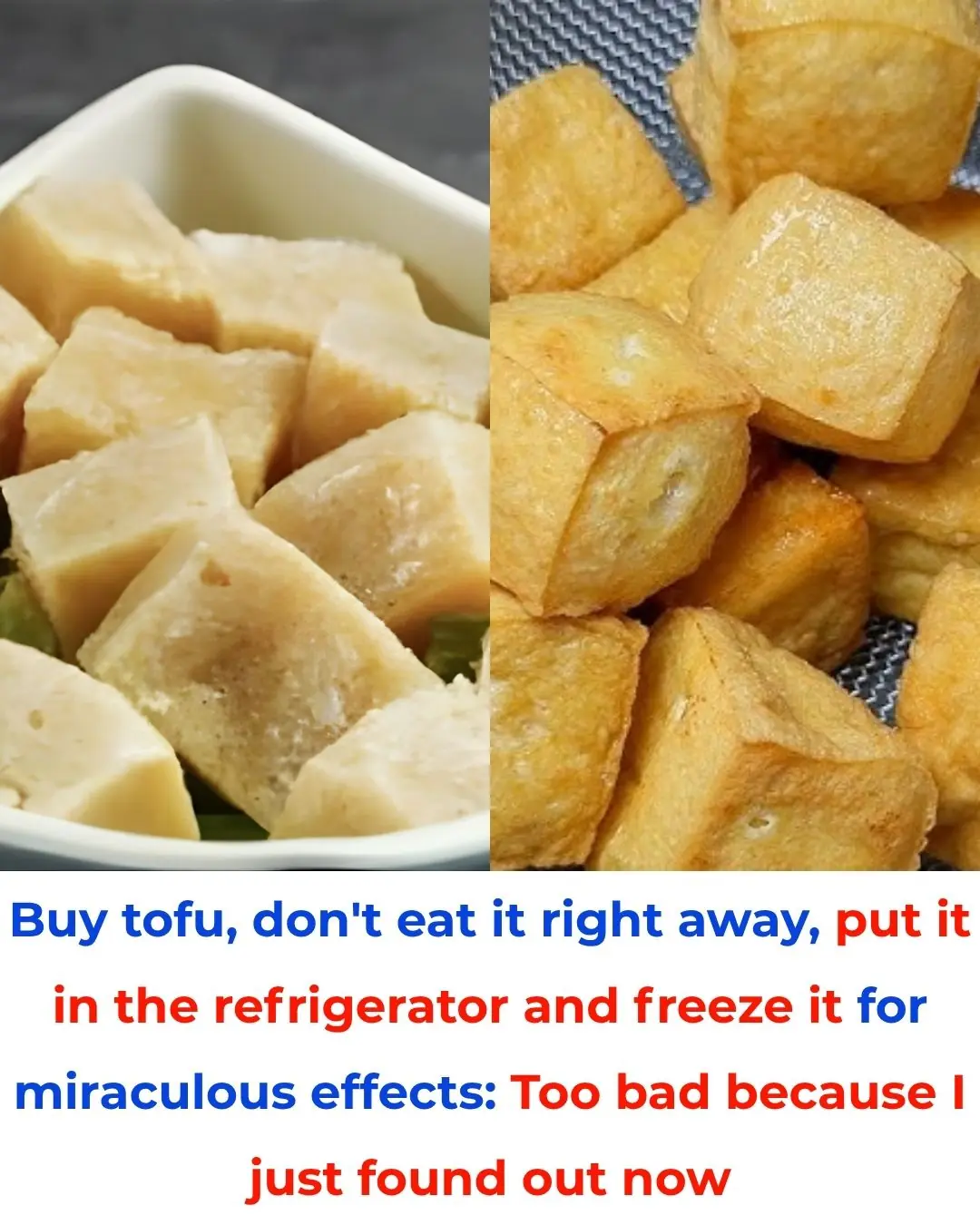
Don’t Eat Tofu Right Away After Buying — Freeze It for a Magical Effect: Wish I Knew This Sooner!

Add This One Ingredient to Your Coffee: Say Goodbye to Yellow Teeth and Bad Breath

Yellowed pillow stuffing won't come out after washing, add this in just 5 minutes and the pillow will be as white as new
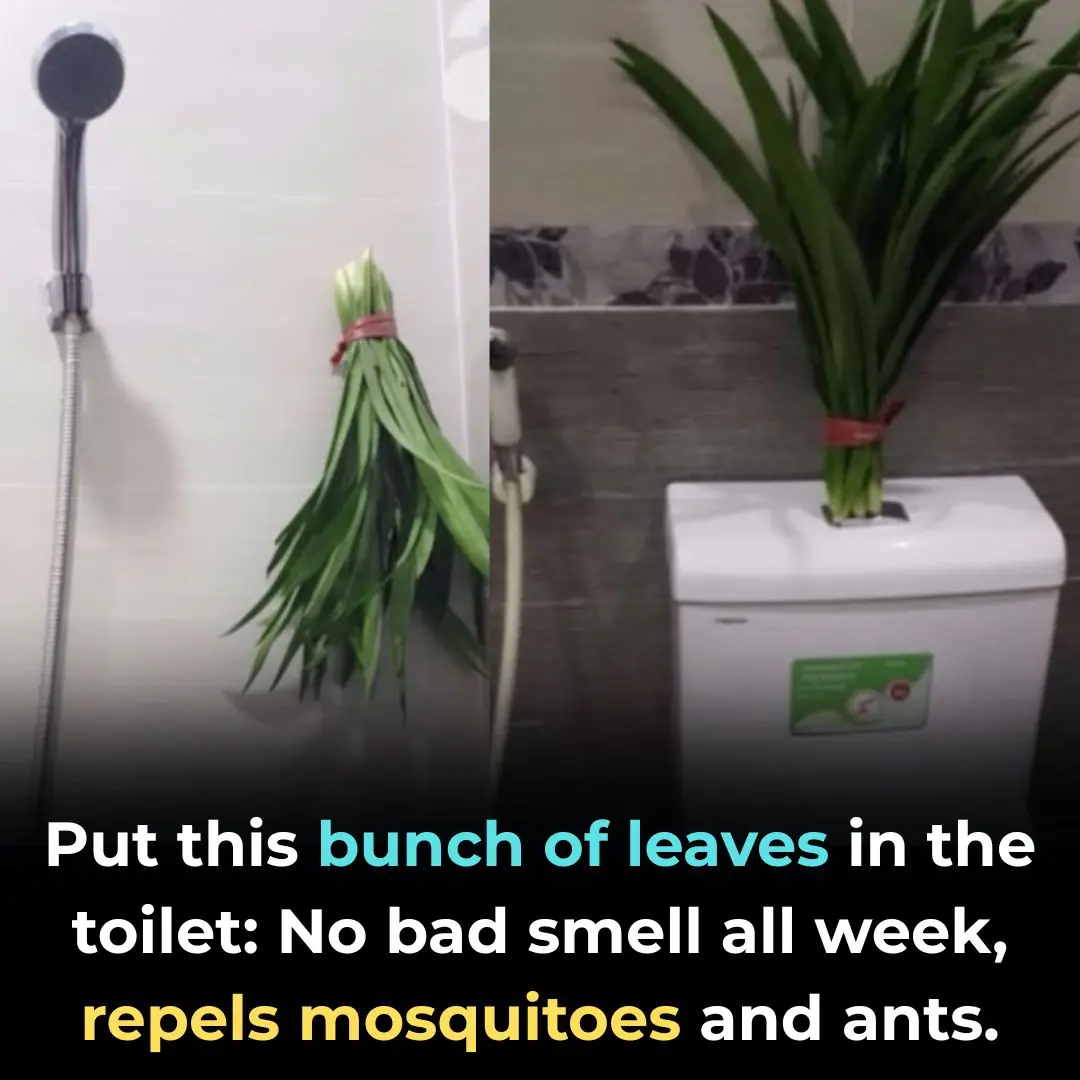
Put this bunch of leaves in the toilet: No bad smell all week, repels mosquitoes and ants.
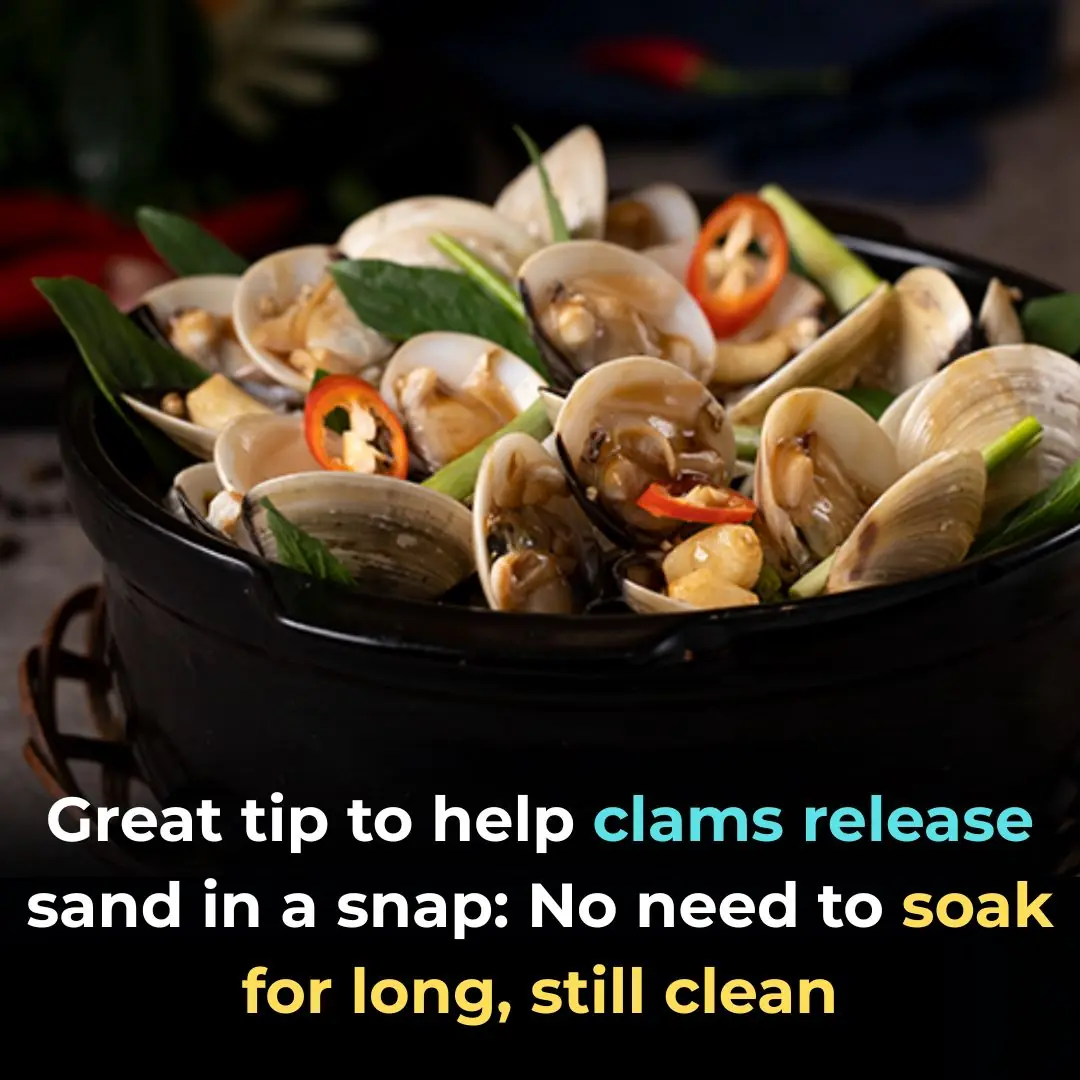
Great tip to help clams release sand in a snap: No need to soak for long, still clean

How to cook field crab soup to have the crab meat floating in blocks, sweet and fragrant

The air conditioner's condenser makes a loud noise like grinding rice. Don't call a repairman and waste money. If you can make the machine run smoothly, it won't cost you money.
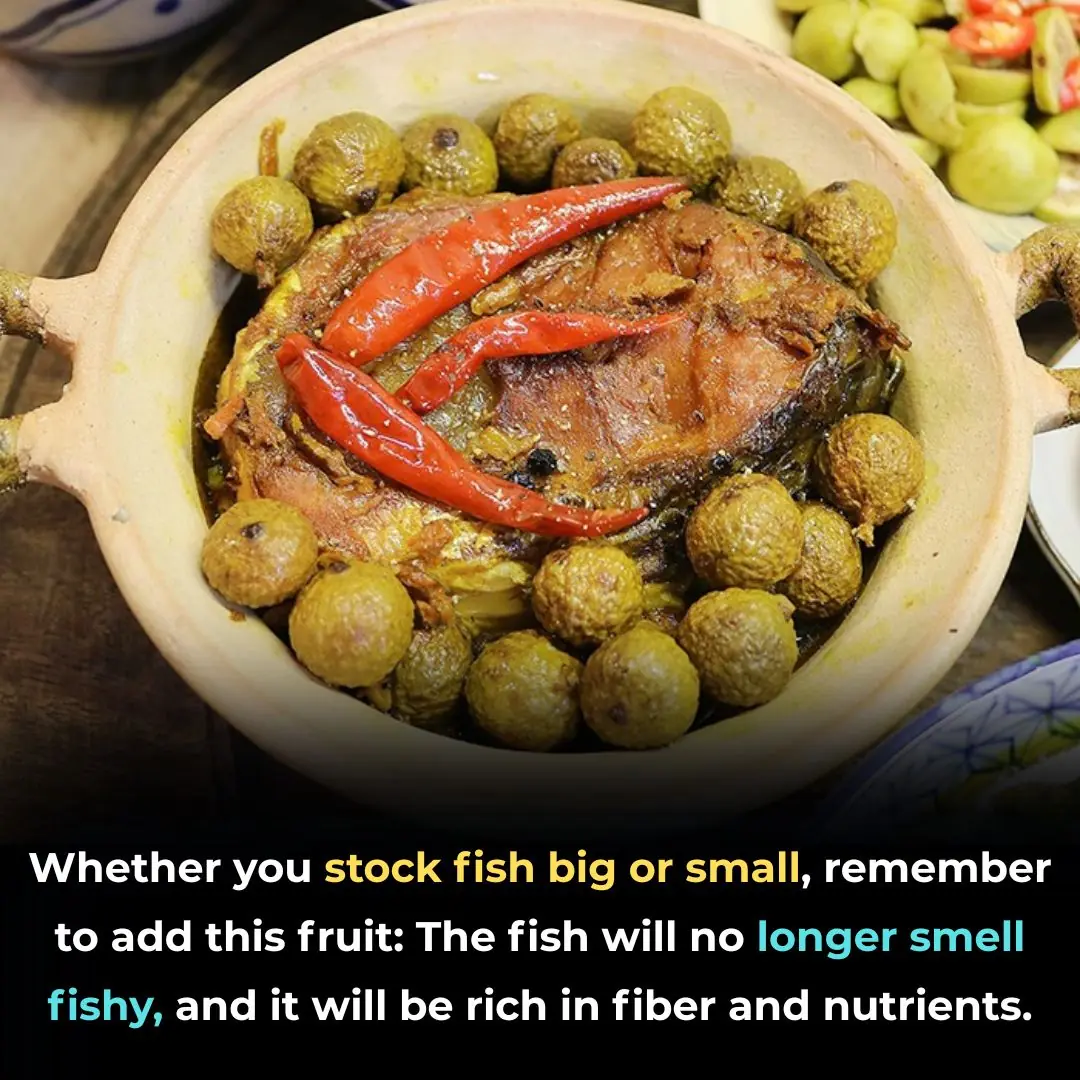
Whether you stock fish big or small, remember to add this fruit: The fish will no longer smell fishy, and it will be rich in fiber and nutrients.

Air conditioner leaks water, don't rush to call poetry to waste money. Just do it this way.
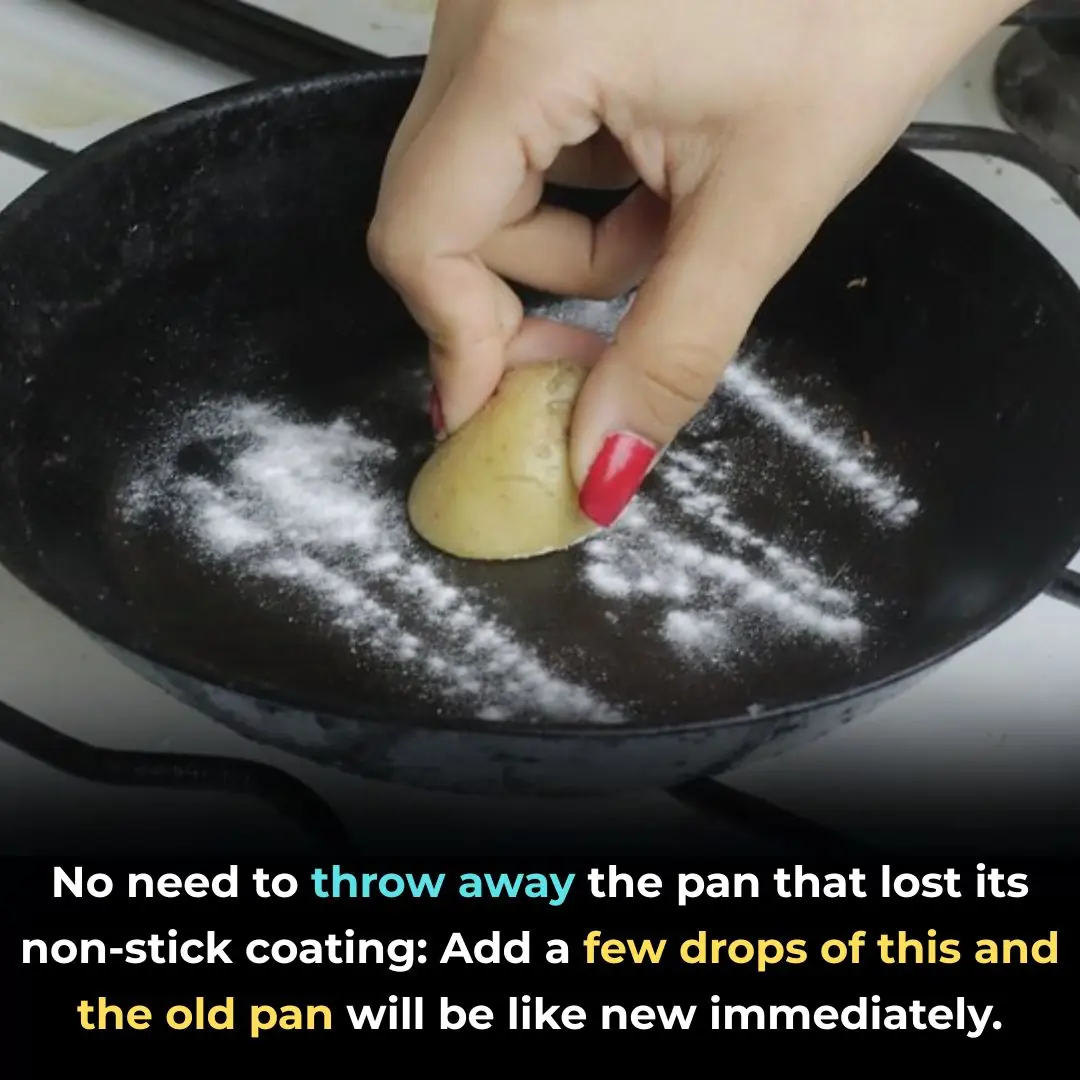
No need to throw away the pan that lost its non-stick coating: Add a few drops of this and the old pan will be like new immediately.

4 Dangerous Mistakes When Using an Air Fryer That Can Lead to Poisoning, Cancer, and Even Fires

The Secret of Our Hand to Show RICH or POOR…
News Post
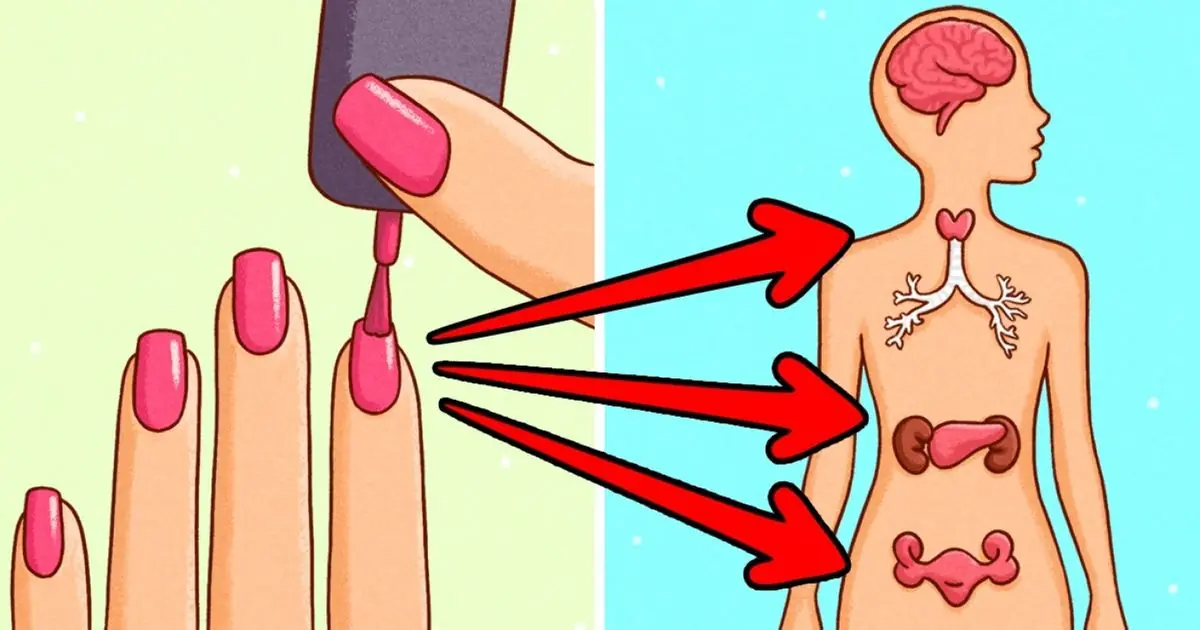
This Is What Happens to Your Body 10 Hours After Putting on Nail Polish

1 Tablespoon of This Before Bed—Fall Asleep Faster Than Ever!
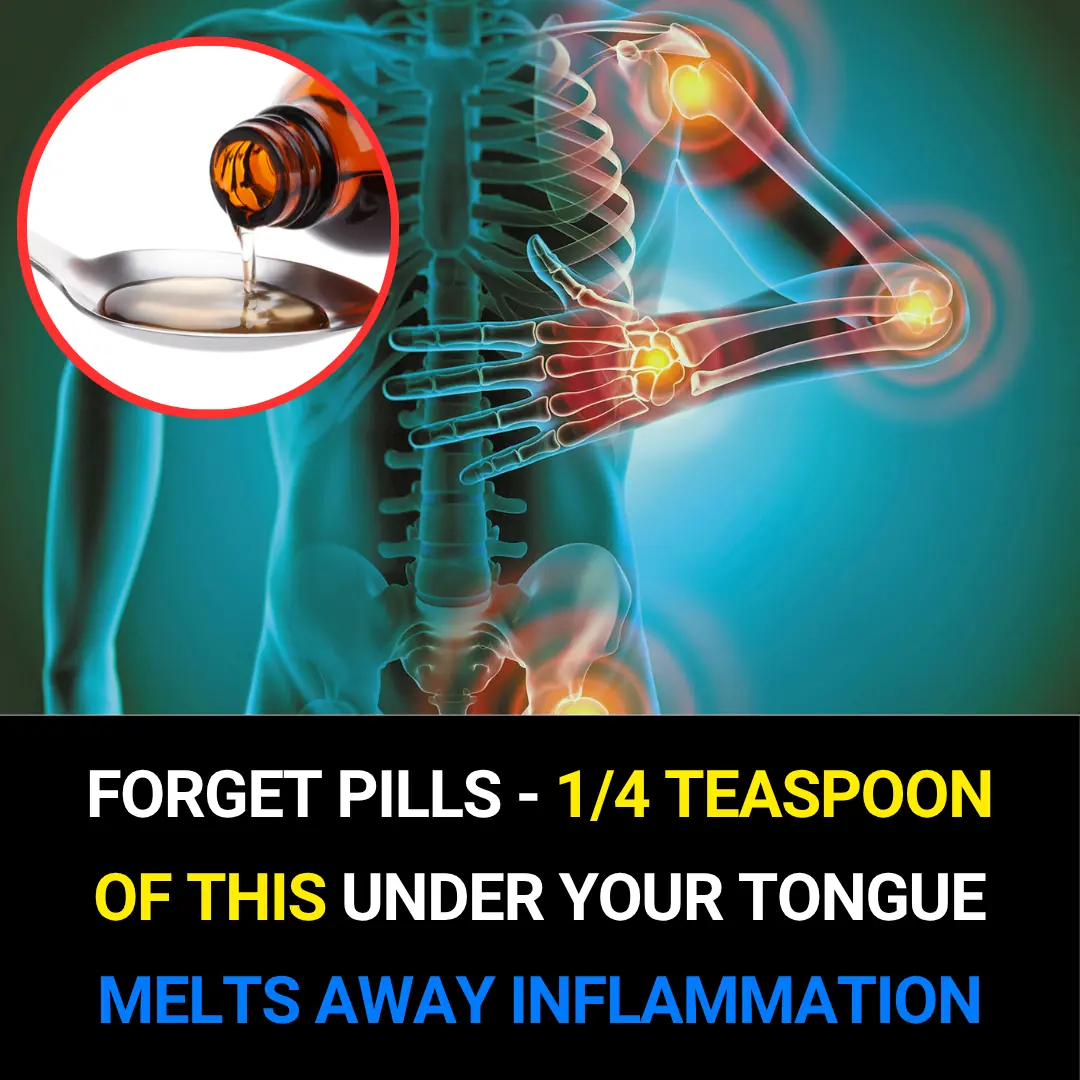
Forget Pills! Just 1/4 Tsp of This Under Your Tongue Melts Away Inflammation

Top 8 Kinds of Fish You Should Never Eat

Banana peel mixed with laundry detergent works great

Stuffing a piece of steel wool into a plastic bottle has great effects. If you know how to use it, everyone wants to do it
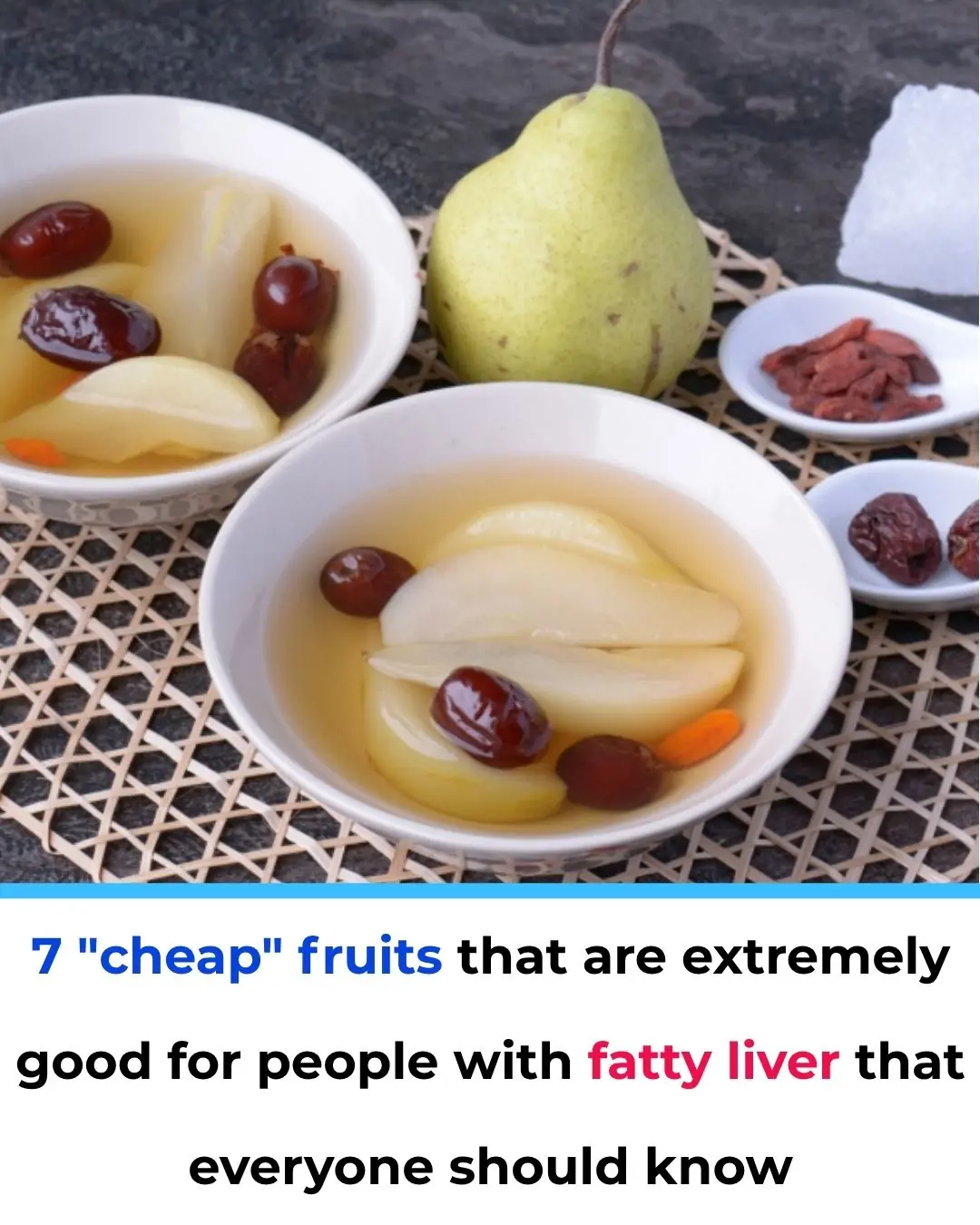
7 "cheap" fruits that are extremely good for people with fatty liver that everyone should know

When checking out of the hotel, don't be foolish and fold your blankets or pillows. Anyone who doesn't know will only be at a disadvantage

When boiling eggs, boiling water or cold water is not correct! Remember these 4 points and you can remove the peel with just a light touch!
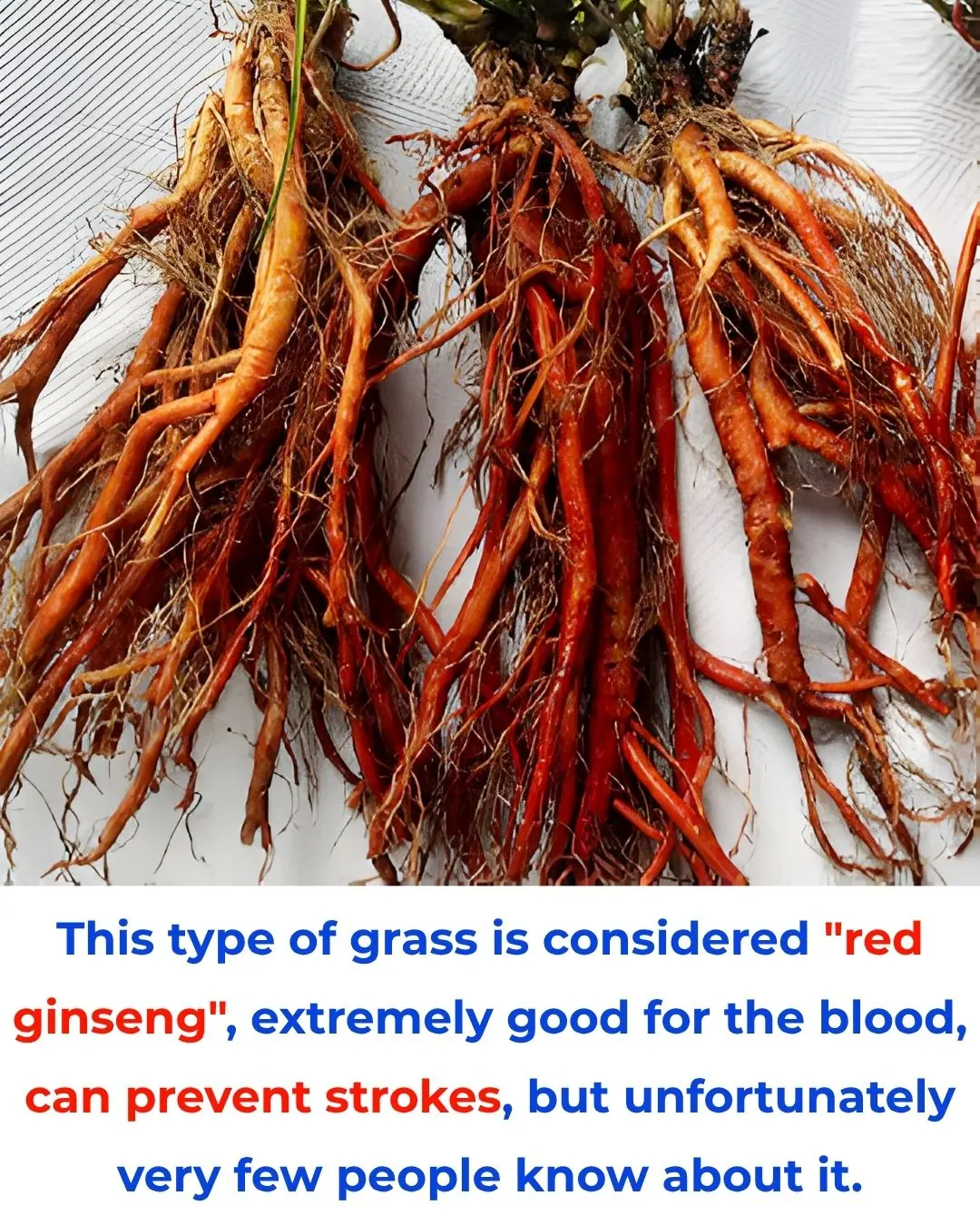
This type of grass is considered "red ginseng", extremely good for the blood, can prevent strokes, but unfortunately very few people know about it

5 things you absolutely should not put in the washing machine. They cannot be washed clean and are dangerous

A Man Who Didn’t Drink Alcohol Dies of Liver Failure; Doctor Sighs: “Eating These 4 Foods Daily Can Destroy Even the Strongest Liver!”

Kissing Bugs and Chagas Disease: A Hidden Danger at Home
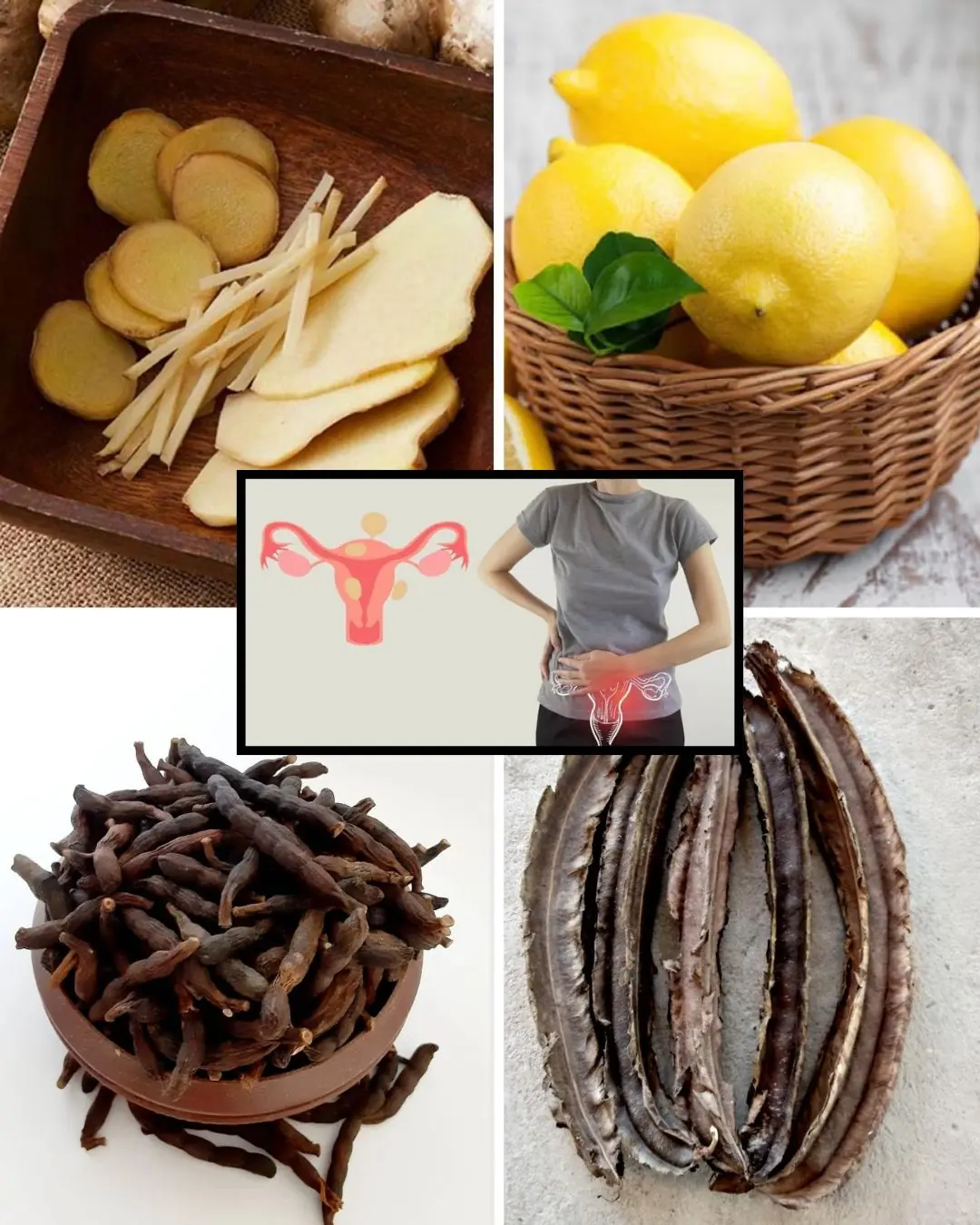
🌿 Gbogbo Nise: The Ultimate All-in-One Remedy for Women 💪✨
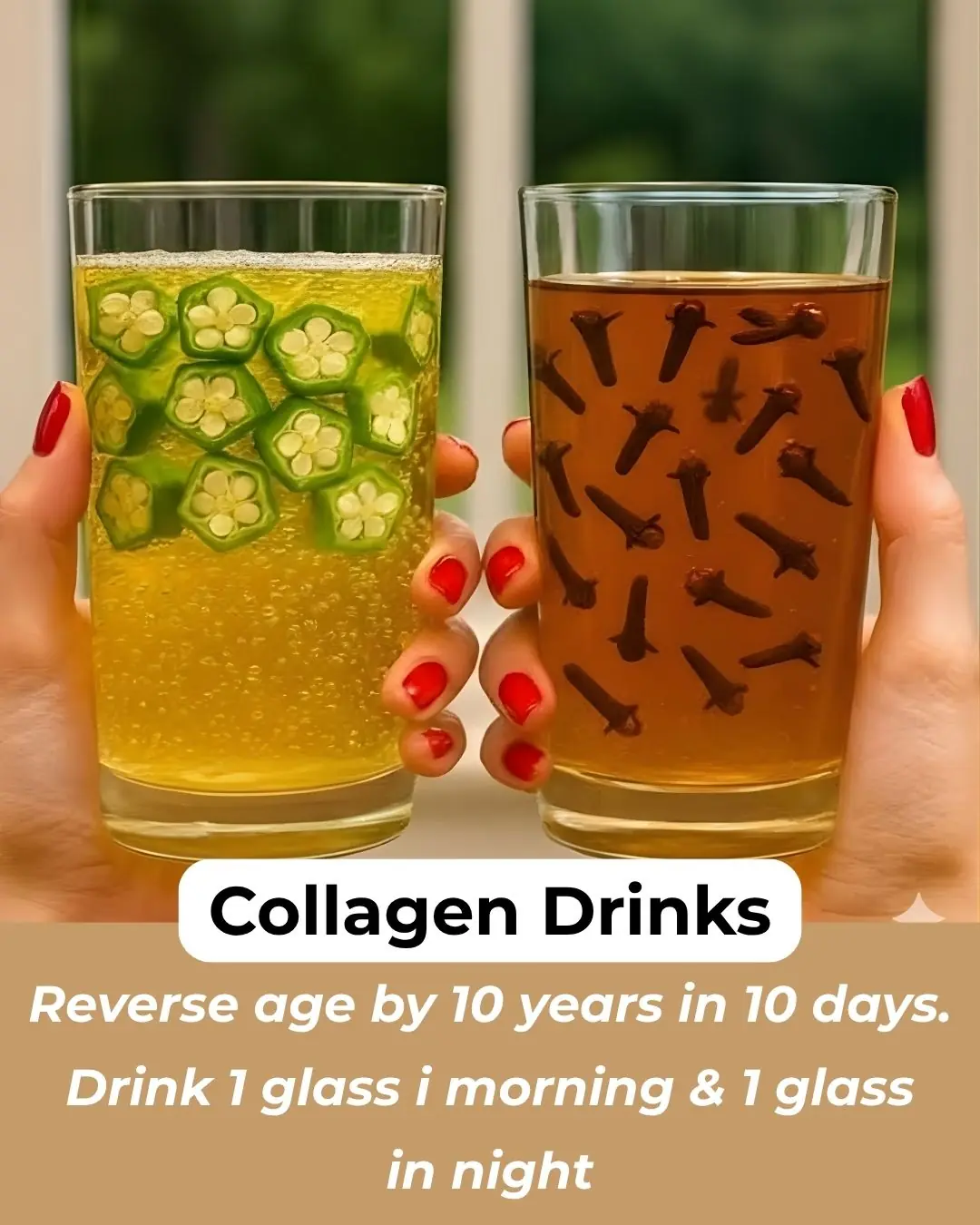
5 Skin Glow Juices – Clear Skin
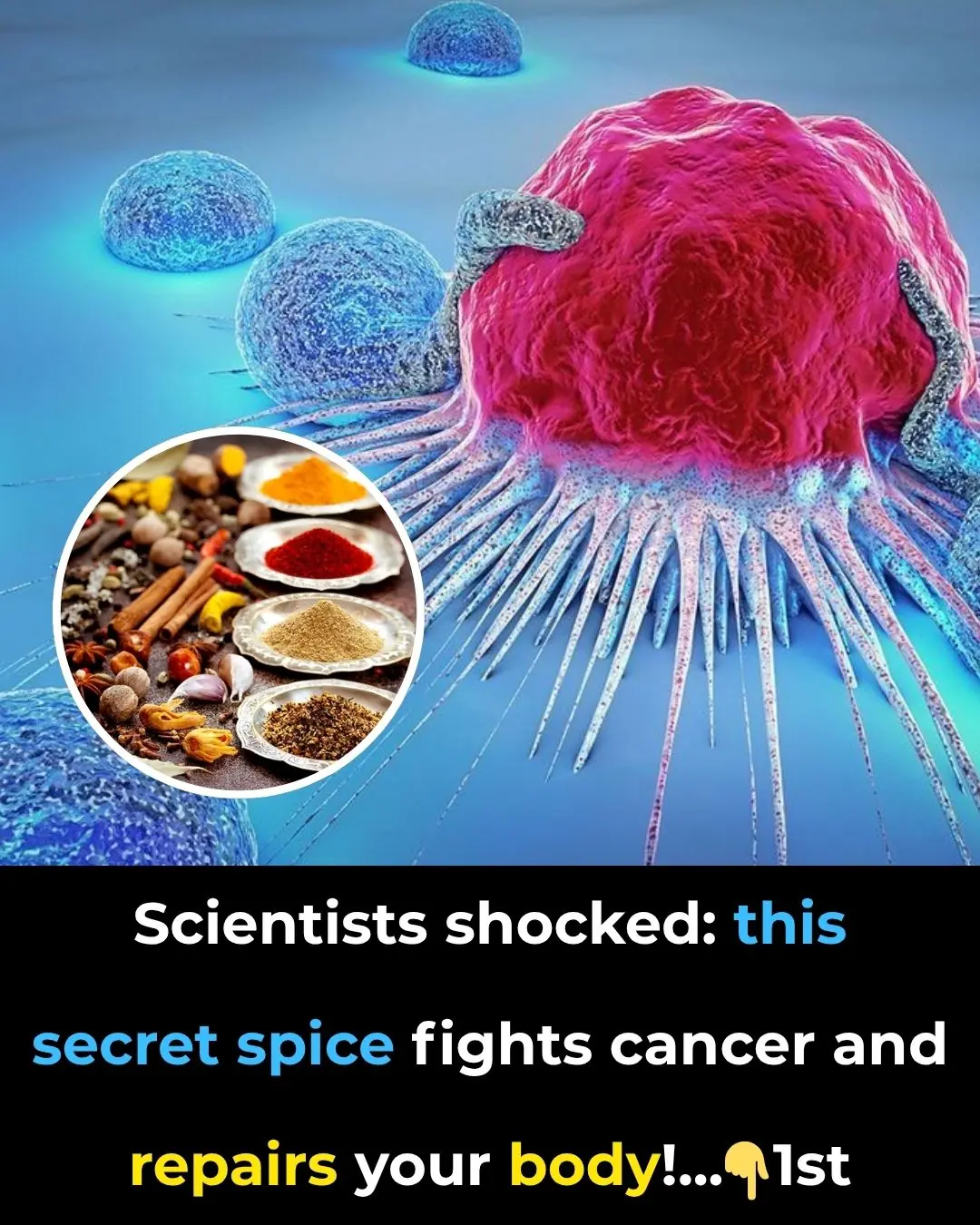
Scientists shocked: this secret spice fights cancer and repairs your body!
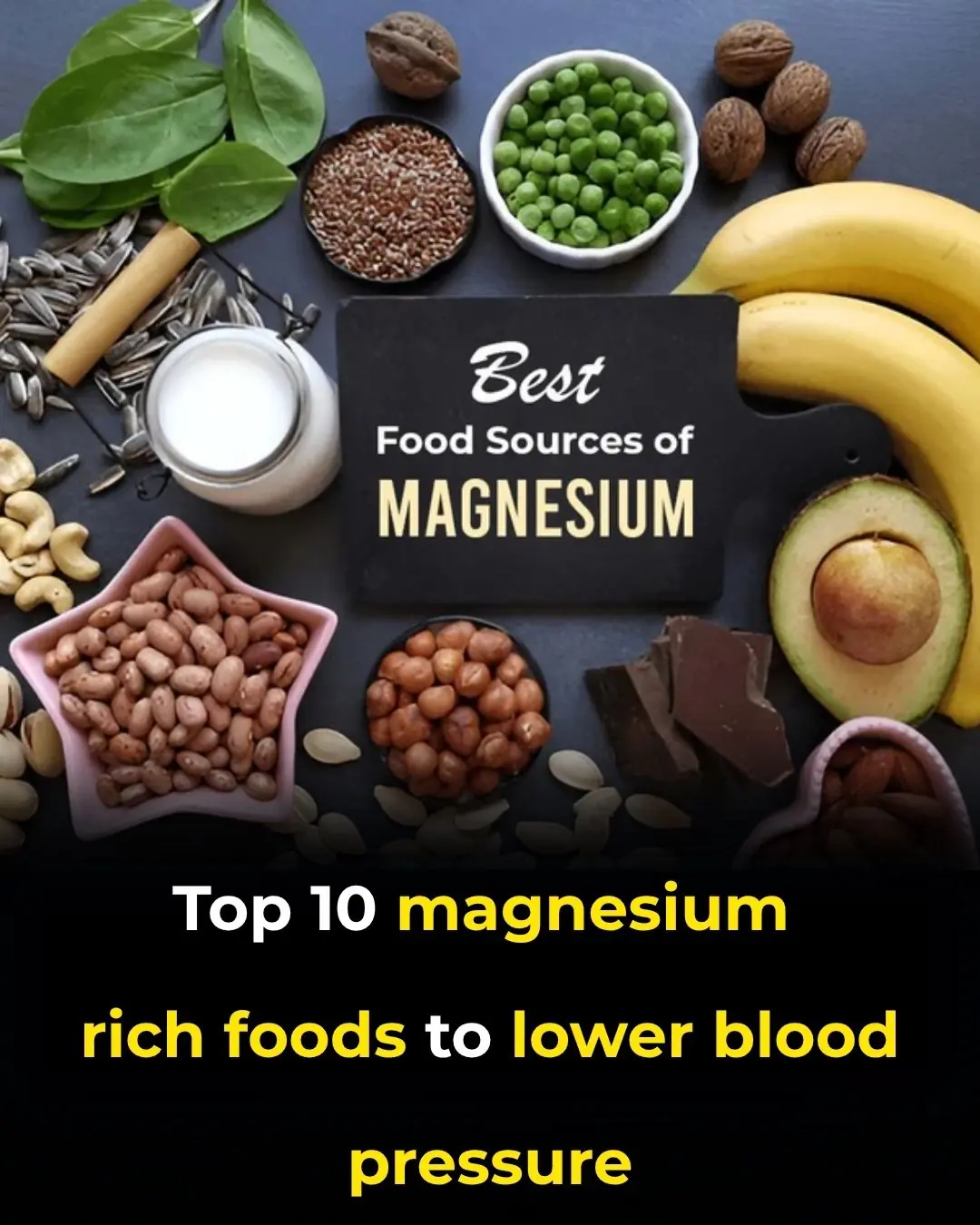
Top 10 Magnesium Rich Foods To Lower Blood Pressure
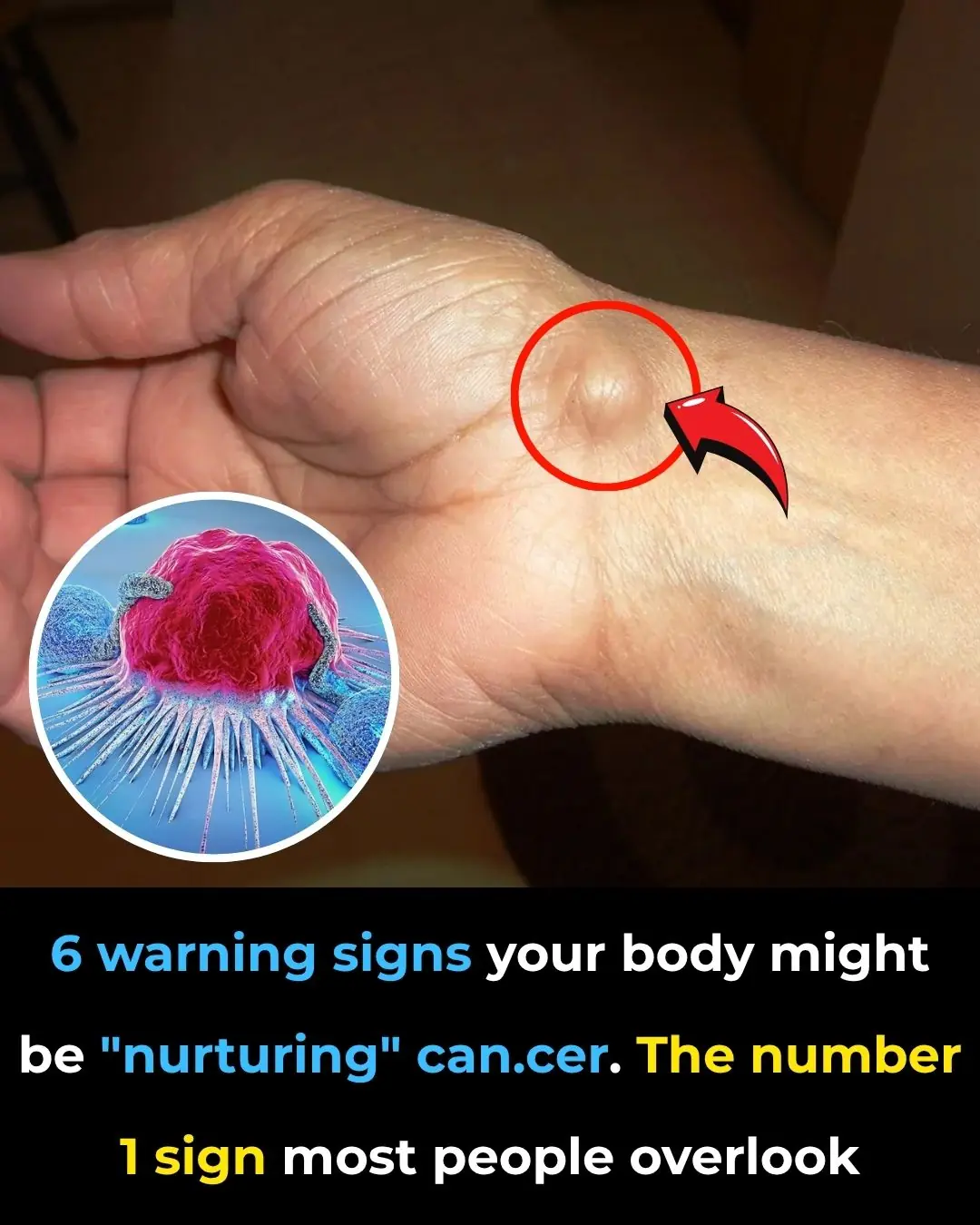
6 Warning Signs Your Body May Be “Nurturing” Can-cer
